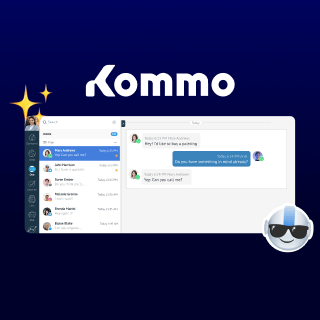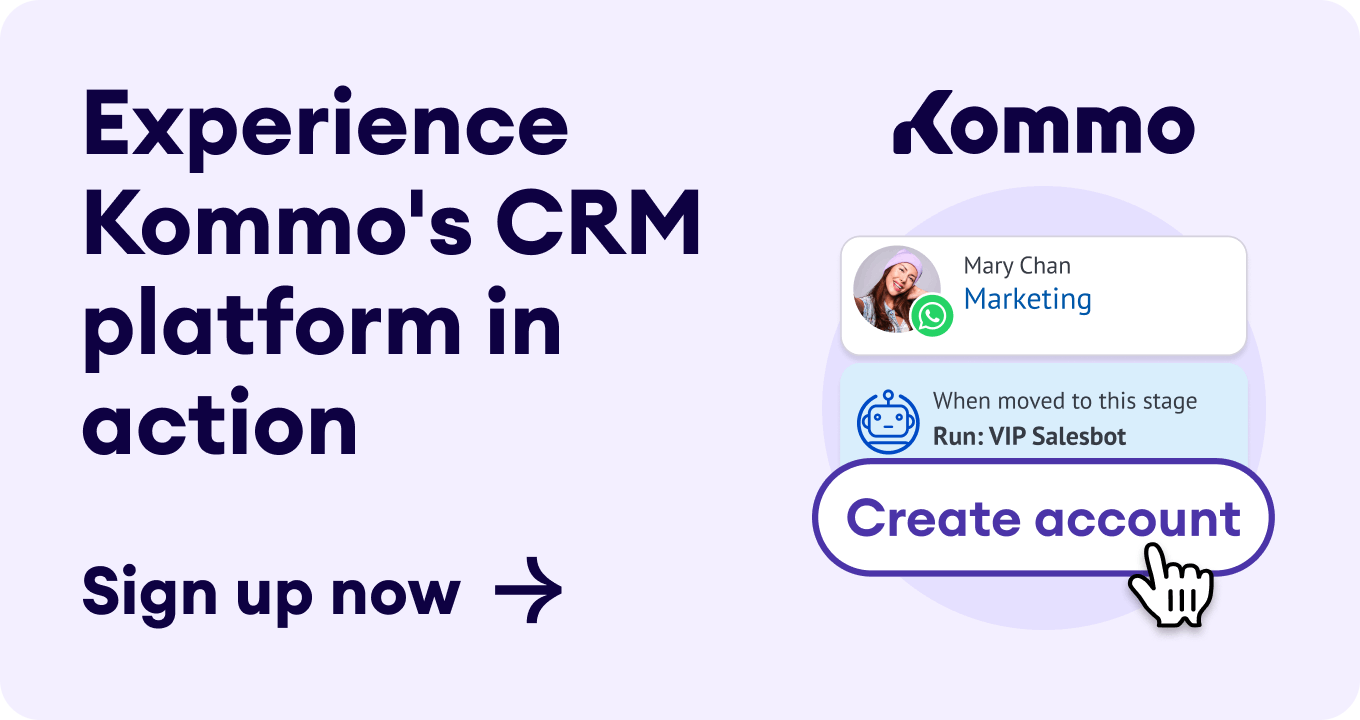It’s almost intuitive for business owners to presume that consumers expect a fast and helpful response to their customer service questions, and in fact 90% of consumers state so. What’s often missed is the fact that 82% of consumers rate an immediate response as important when the question is a matter of sales or marketing 🤩. That means a fast and reliable line of communication between you and your prospects will help you convert them easily.
Source
Dave Gerhardt, VP of Marketing at Drift, one of the fastest growing startups in the B2B space, mentions how they got rid of forms and started having real conversations with prospects, and how it contributes to their growth:
‘’Somebody will come in on our website and our sales reps, when a named account comes to the website, they get a notification on their phone that says, “Hey! The VP of Marketing at DropBox is on the website right now.” 💬
👉 We had a real example like this, and I’ll just make up the companies.
The CMO at Starbucks, she comes to the website, and she says, “Oh, I was interested-” and the bot says, “Hey! What brought you to Drift?” And she says, “Well, I was interested in doing this, but it looks like you don’t integrate with Slack and so we’re actually not a good fit.”
At that moment, the sales rep pops in and says, “Whoa! Hold on a second. We do integrate with Slack. Can I show you? Here’s a help doc.” And she’s like, “Oh, interesting.”
Long story short ❤️, they have a 40-minute conversation. That turns into a demo. That deal closes a month later.’’
- Dave Gerhardt, VP of Marketing at Drift 💬
eBay, the multinational e-commerce giant also benefits largely from their chatbot that works through voice command, allowing consumers to go through the sellers’ catalogs and find the best deals. The giant also sends over the best deals to customers' phones, making it easier than ever to shop online.
In a summarized way, we can say that the main benefits of the conversational marketing are:
- More facility on knowing your consumers needs
- Allows you to give an immediate answer to your client
- Helps you on managing leads and clients
- Part of the customer loyalty process
- A differential from your competitors
Conversational marketing is one of the many marketing automation ideas that improve metrics beyond customer conversion and support🎯. It’s a great way to listen to the Voice of Customer (VoC) and improve their life-time value. The team at Solitaire Bliss, for example, found that improving their response time increased their games played per users and revenue by 10%.
Any seasoned professional knows by heart that conversion is an important metric, but if you fail to keep customers returning to your website, you can’t mention sustainable growth. Conversational support helps you increase customer retention by tailoring your message to the needs and preferences of customers, and drives your business forward. 🚀








